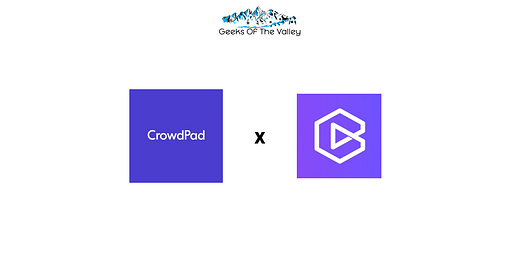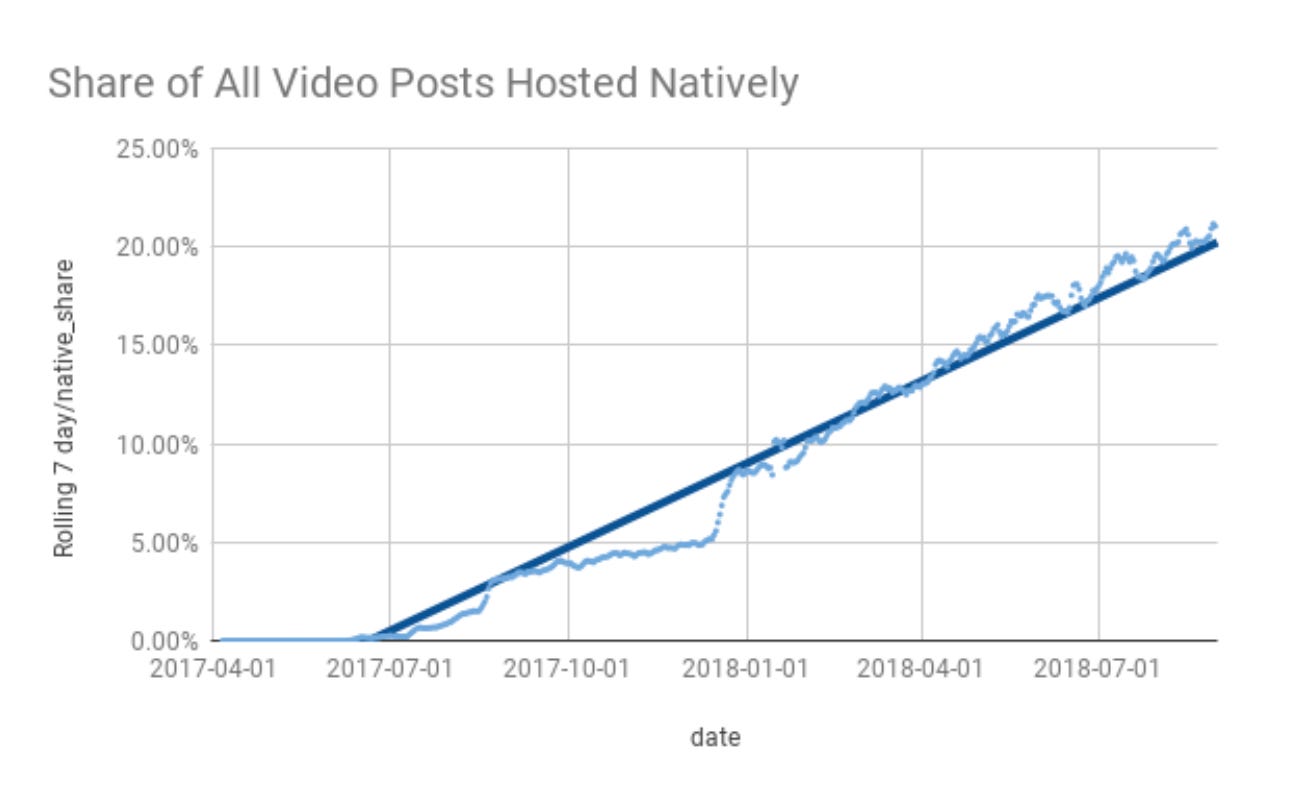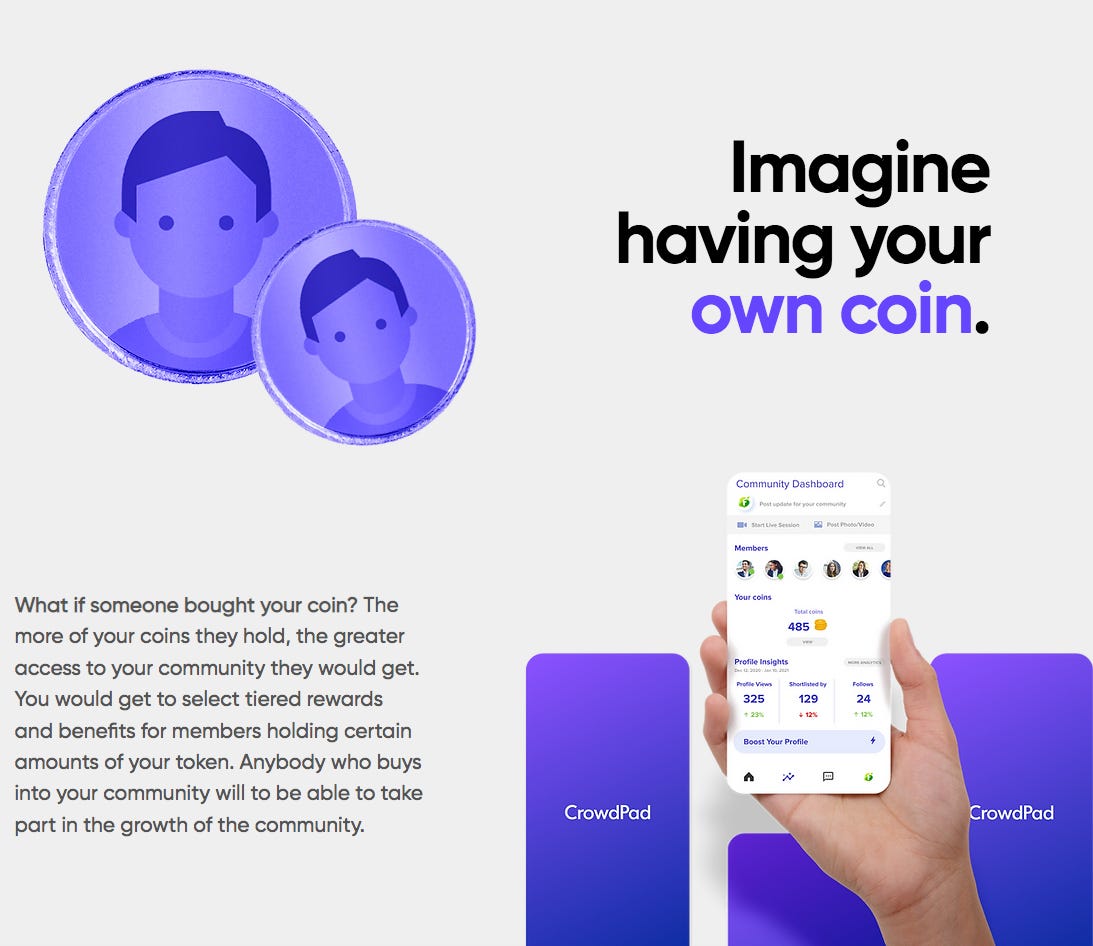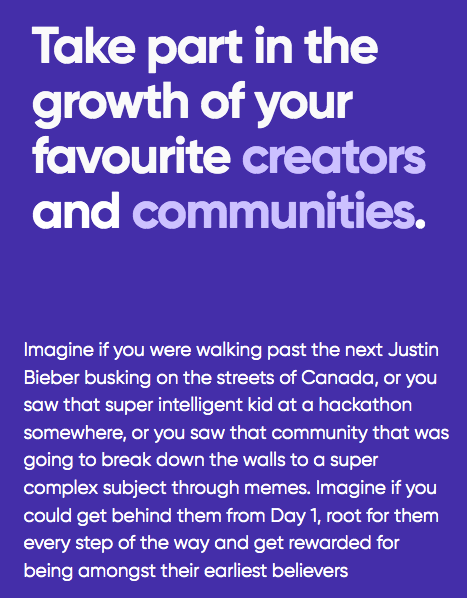(5th February) What is it behind arguably the most important feature of a Q&A site
Welcome to the 18th edition of the Geeks Of The Valley (GOTV) Newsletter, where we dive into exciting insights on ventures & trends + feature two interesting early-stage companies every weekend. If you enjoy and want to keep abreast with insights and interesting early-stage startups before they go big, make sure to subscribe to this newsletter ✌️.
Did you know? 🤔
With over 138,000 active subreddits out of 1.2 million as of July 2018, it’s almost impossible to have a perfect glance towards all the contents. Hence, which is why it has algorithms that personalized the content consumption, centered on the recommendation of others.
However, the question arises: how vulnerable are those algorithms to every event happening around it - spamming, malicious and accidental +/-votes, which may affect the algorithms' integrity. There have been various experiments have taken place to study this potential.
The birth of a feature that universally powers every Q&A site in the world
Alexis Ohanian, together with his counterpart, Steve Huffman, founded the “front page of the internet” 14 years ago with the goal in mind to give users the superpower to control what materialized on the site. However, it is not come easy to come out with what appears to be the universal features for every, if not all, Q&A site; the user-driven, algorithm-enhanced engine called “upvote” and “downvote”.
Before the finalization of this feature, they were already working with various ways to find what could work best. Among others include BuzzFeed-like individual reactions that married to links posted on Reddit, “WTF” (no, it is not what you think of lol), which a user could click while reading the post was the most prominent one. Doing just that amped a prompt, requesting the user why she was feeling this way — and urging her to comment on the post.
With native videos published over 400k hours daily on Reddit, added to 13 million hours of videos posted every month, the company has seen an increase of 38% growth rate since the start of 2018. However, in the social network universe, the amount of uploaded content alone doesn’t work. It would need to be accompanied together with the social interaction between users (hence the name itself). Thus, the idea of upvote and downvote exists - accelerating social interaction among the Redditors.
Even though the idea took off well, it does not come without controversy. For startups like Uber, they were facing independent contractor problems while its Silicon Valley counterparts like Facebook and Google are having issues with user privacy. However, in the case of Reddit, it was about making a better way to come out with an algorithm that better manages the offhand, accidental, or even malicious liking, up- or down-voting. But why is it even an issue? Here is why.
Forever and a day, the views of others have been strongly driven by human beings. Still, the endless number of available social media sites that have come to control our lives may be making this “social evidence” an issue. Hence, to further prove this hypothesis, researchers have conducted studies to understand the impact of each upvote, downvote - or even no vote, towards the decision of human’s daily lives.
Experiment #1 - Social Influence Bias: A Randomized Experiment
The effect of collective information was examined through a randomized experiment involving a social news aggregation website on which readers could vote and comment on posted comments.
The study was conducted over 5 months period, which involved monitoring 100,000+ comments made by users. All these were viewed over 10 million times and rated 300,000+ times. For control measures, the researchers had devised the structure in a way that would spontaneously be displayed with either positive, negative, or no votes at all.
The result showed that previous ratings generated a significant bias in individual rating actions. In fact, the probability of a comment receiving another upvote is 32% more likely than the control group, even only a single upvote was given to the comment before publication. While those comments received an initial upvote, the overall rating they received saw an increase of 25% than the control group.
Experiment #2 - Identifying and Understanding User Reactions to Deceptive and Trusted Social News Sources
Another study, this time it was conducted by two researchers from the University of Notre Dame - Maria Glenski and Tim Weninger, and Svitlana Volkova from Pacific Northwest National Laboratory. The goal behind this experiment was to better understand how users responded across two popular, and very distinct, social media platforms in the context of trusted and deceptive news sources.
In order to achieve that, they:
came out with a model to rank users’ reactions into one of nine types.
computed the speed and reaction type for trusted and deceptive news sources of about 6.2 million Reddit comments and 10.8 million Twitter posts.
The sequel of the analysis showed significant gaps in the distribution of reaction types and the way of reaction that happened for trusted versus deceptive news between Twitter and Reddit. Twitter users, for example, seldomly and slowly questioned the disinformation sources than they did with the trusted news sources. Besides, appreciation expressed among the Twitter users for disinformation sources was higher and quicker than towards trusted sources. On the other side, Reddit showed an equivalent outcome, however - reaction outcomes, although far less pronounced.
Geeks Of The Week
Startup name: CrowdPad
One-liner: A tokenized community-building platform for the everyday creator
Founder(s):
Joel Alexander: Ex-Strategy lead @ Mana
Drishti Chawla: Ex-Software engineer @ IBM
Startup name: Creable
One-liner: A "Workspace for Creators" to help monetize their passion and manage their business.
Founder(s):
Daniel Koss: Youtuber with 430k subs + 72m video views
If you enjoy reading this, don’t forget to click the subscribe button 👇








